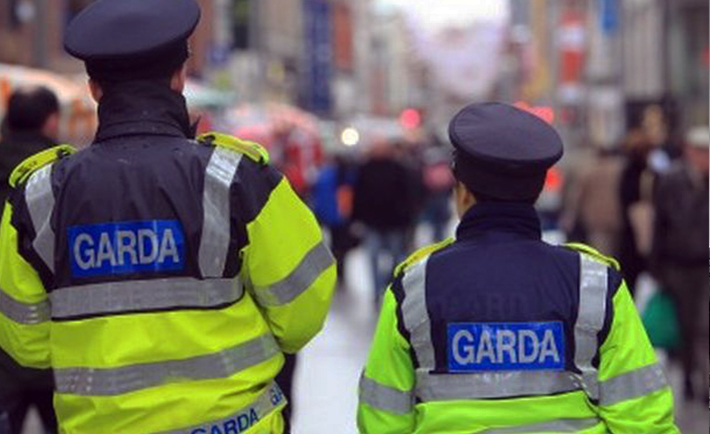
You can take the bus, the Luas, or even the train and believe that you are not being recorded, but you are. CCTV cameras have been installed for public safety, yet, there isn’t any recording equipment worn by An Garda Siochana. It begs the question: should An Garda Síochána be outfitted with body-worn cameras too?
On February 1, Minister for Justice Simon Harris introduced legislation in the Dáil allowing members of An Garda Síochána to use body cameras. Under the Bill, body-worn cameras, helicopters, Garda dogs, drones, mobile devices, and tablets will be permitted to be used as recording equipment.
According to Minister of Justice, Simon Harris, The Garda Síochána (Recording Devices) Bill 2022 is introduced to “significantly strengthen” the work of the police force to “tackle crime and protect national security.”
Assaults on Garda officers have grown in recent months, making them vulnerable, such as the reported attack on November 21, 2022, in which two members of the force were subjected to violence on Ballyfermot Road. Harris, on the other hand, stated that ‘this will not be tolerated.’
Body-worn cameras were initially advocated by the Irish Commission on the Future of Policing in Ireland to boost the outcomes of frontline policing and perhaps to safeguard members of An Garda Síochána from violence. These body cams must be visible on the Garda member’s uniform and have a light on when filming, according to the Bill.
Police officers using body cameras are relevant in other countries, including the United States. To some extent, video footage from the investigations and conversations are used as evidence.
“Body worn cameras are also a key investigative tool. For example, I know from speaking to frontline Gardaí that the first moments after they arrive at the scene of domestic abuse are key to gathering evidence which can then be used to protect the victim and ensure the perpetrator is brought to justice,” said Simon Harris.
Minister Harris aims to have the Bill passed as quickly as possible so that Garda Commissioner Drew Harris may test the use of body-worn cameras later this year. However, questions on privacy concerns are also being raised.
According to a 2019 statement by The Irish Council for Civil Liberties (ICCL), “body-worn cameras are likely to raise constitutional concerns about right to privacy and potentially impact the rights to free expression, free assembly, and free association.”
The ICCL also stated, “For example, a person may decide not to take part in a protest if they know Gardaí will be wearing the technology, or they may restrict what they say or with whom they associate for fear of being recorded.”
Body cameras won’t prevent assaults and won’t guarantee accountability. However, cameras, whether worn by Gardai or used as CCTV, are powerful instruments for documenting, gathering evidence, and obtaining the truth. But, having this legislation is an excellent concept and a powerful tool to safeguard both the police force and the public.
Hannah Giron Daygo
Image Credit: garda.ie
